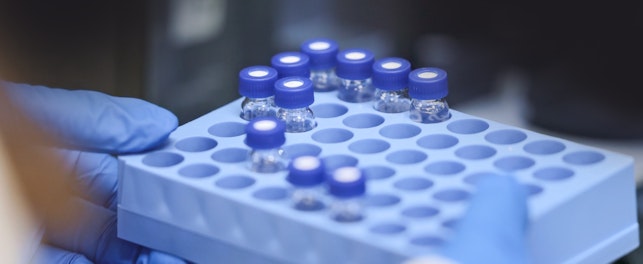SG 133/24
The German Federal Institute for Risk Assessment (Bundesinstitut für Risikobewertung, BfR) has amended recommendations for five different types of food contact material (FCM) and article. These recommendations can be regarded as effective immediately.
In August 2024, Germany’s BfR issued five revised recommendations for food contact silicones, paper and board, as well as temperature resistant polymer coatings for utensils used at high temperatures.
The five amended recommendations (in German or English) are:
- Recommendation XV ‘Silicones
- Recommendation XXXVI ‘Paper and board for food contact
- Recommendation XXXVI/1 ‘Cooking paper, hot filter paper and filter layer’
- Recommendation XXXVI/2 ‘Paper and paperboard for baking purposes’
- Recommendation LI ‘Temperature resistant polymer coating systems for frying, cooking and baking utensils’
Highlights of these recommendations are summarized in Table 1.
| Recommendation as of August 1, 2024 | Highlights | |
| XV ‘Silicones’ |
| |
| XXXVI ‘Paper and board for food contact’ |
| |
| XXXVI/1 ‘Cooking paper, hot filter paper and filter layers’ |
| |
| XXXXI/2 ‘Paper and paperboard for baking purposes’ |
| |
| LI ‘Temperature-resistant coating systems made of polymers for frying, cooking and baking equipment’
|
| |
Table 1
| Entry | Substance | Annex to Recommendation XXXVI, as of August 1, 2024 (migration into foodstuff) | Annex to Recommendation XXXVI, as of February 1, 2023 (migration into foodstuff) | |
| 1 | 4,4’-bis(dimethyamino)-benzophenone | ND (DL 0.01 mg/kg)1 | ND (DL 0.01 mg/kg)2 | |
| 2 | Phthalates: Diethylhexy phthalate (DEHP) Di-n-butyl phthalate (DBP) Diisobutyl phthalate (DIBP) | 0.6 mg/kg (DEHP) 0.12 mg/kg (DBP) 0.15 mg/kg (DIBP) (≤ 0.6 mg/kg for sum of DBP, DIBP and DEHP, calculated as DEHP equivalents using the formula DBP x 5 + DIBP x 4 + DEHP x 1) | 1.5 mg/kg (DEHP) 0.3 mg/kg (DBP) 0.3 mg/kg (DIBP) (≤ 0.3 mg/kg for sum of DBP and DIBP) | |
| 3 | Benzophenone | 0.6 mg/kg | 0.6 mg/kg | |
| 4 | Bisphenol A (BPA) | 0.05 mg/kg1 | 0.05 mg/kg2 | |
| 5 | Bisphenol S (BPS) | 0.05 mg/kg1 | 0.05 mg/kg2 | |
| 6 | Diisopropyl naphthalene | As low as technically feasible | As low as technically feasible | |
Table 2. Annex to Recommendation XXXVI ‘Paper and board for food contact’
1Testing is not necessary if paper and board are intended for contact with dry food and at the same time non-fatty foodstuffs (e.g. flour, semolina, rice, breakfast cereals, breadcrumbs, sugar and salt)
2Verification of the specifications is only required if the finished goods are intended for use with moist and fatty foodstuffs
SGS has the expertise to help manufacturers and suppliers of FCM achieve compliance with markets around the globe. Our technical experts have extensive experience of testing materials and articles for many markets. We offer the full range of FCM testing, including migration tests, along with expert advice on emerging regulations, compliance issues and documentation review. Our experience can ensure your products meet the appropriate territorial regulations for food contact materials and help pave the way for compliance. Contact us to know more or visit our website. In the end, it’s only trusted because it’s tested.
© SGS Société Générale de Surveillance SA. This publication or website is a property of SGS Société Générale de Surveillance SA. All contents including website designs, text, and graphics contained herein are owned by or licensed to SGS Société Générale de Surveillance SA. The information provided is for technical and general information purposes only and offers no legal advice. The information is no substitute for professional legal advice to ensure compliance with the applicable laws and regulations. All information is provided in good faith “as is”, and SGS Société Générale de Surveillance SA makes no representation or warranty of any kind, express or implied, and does not warrant that the information will be error-free or meet any particular criteria of performance or quality.











